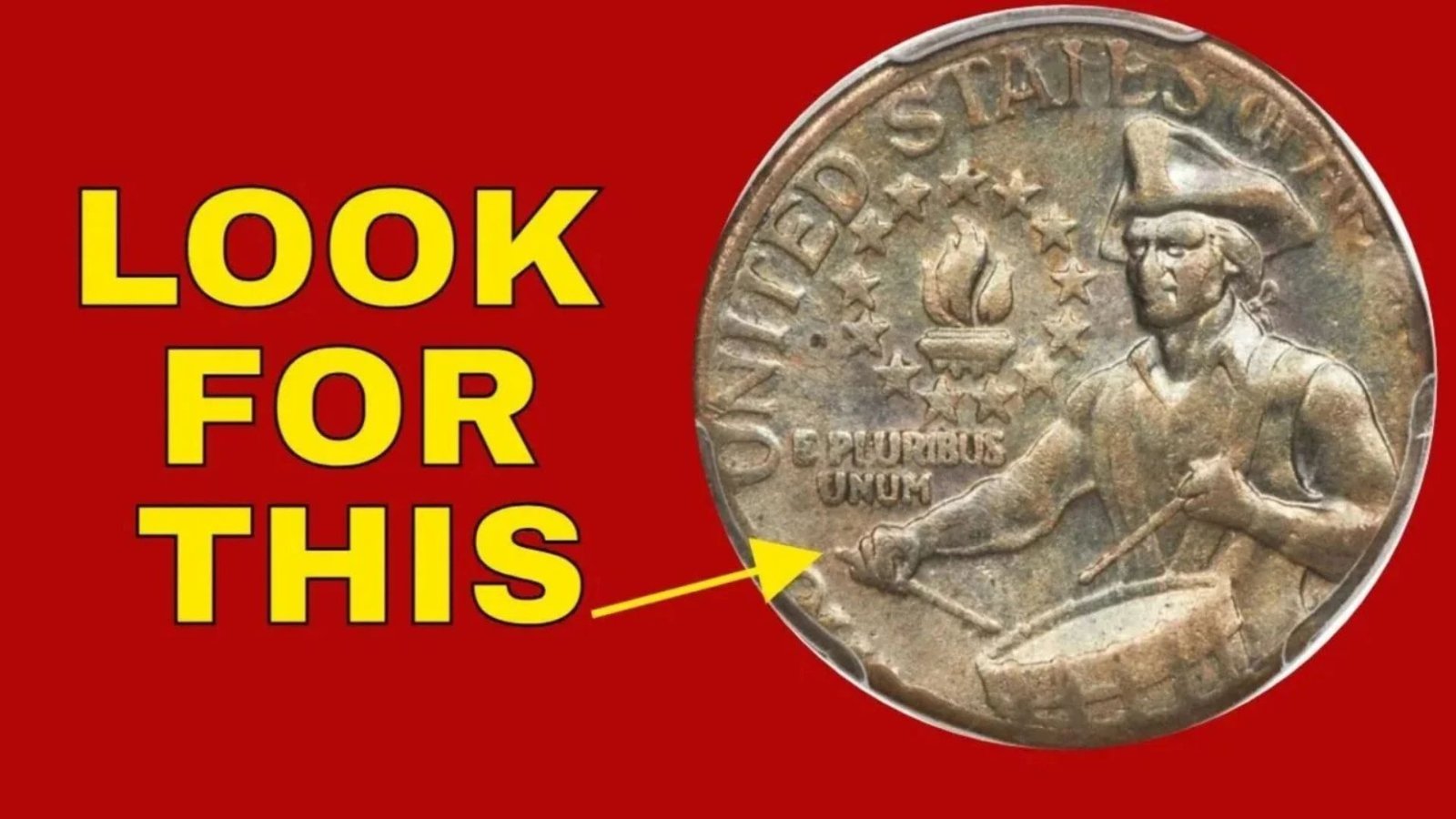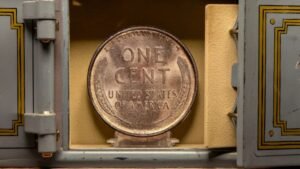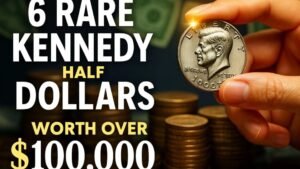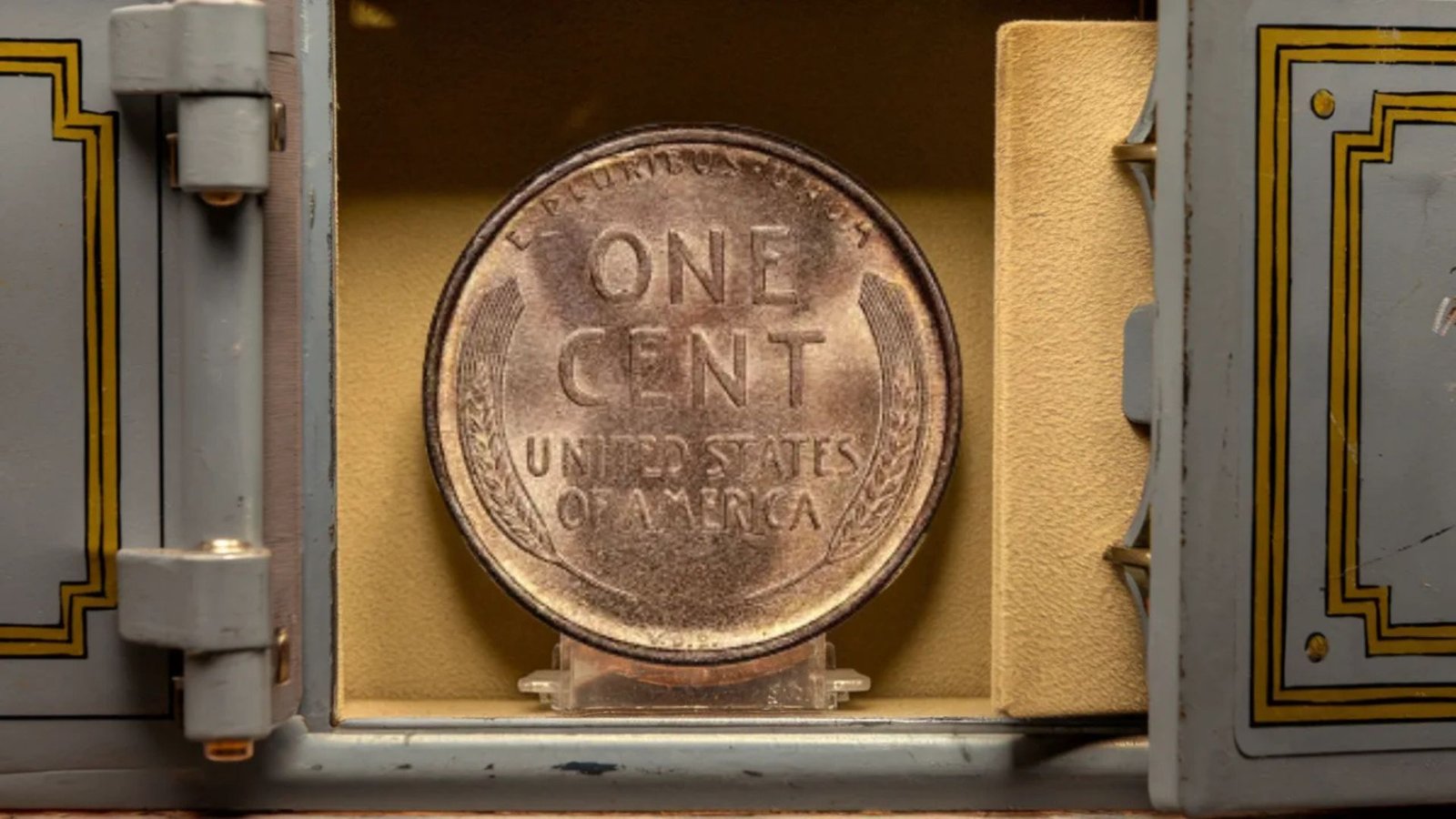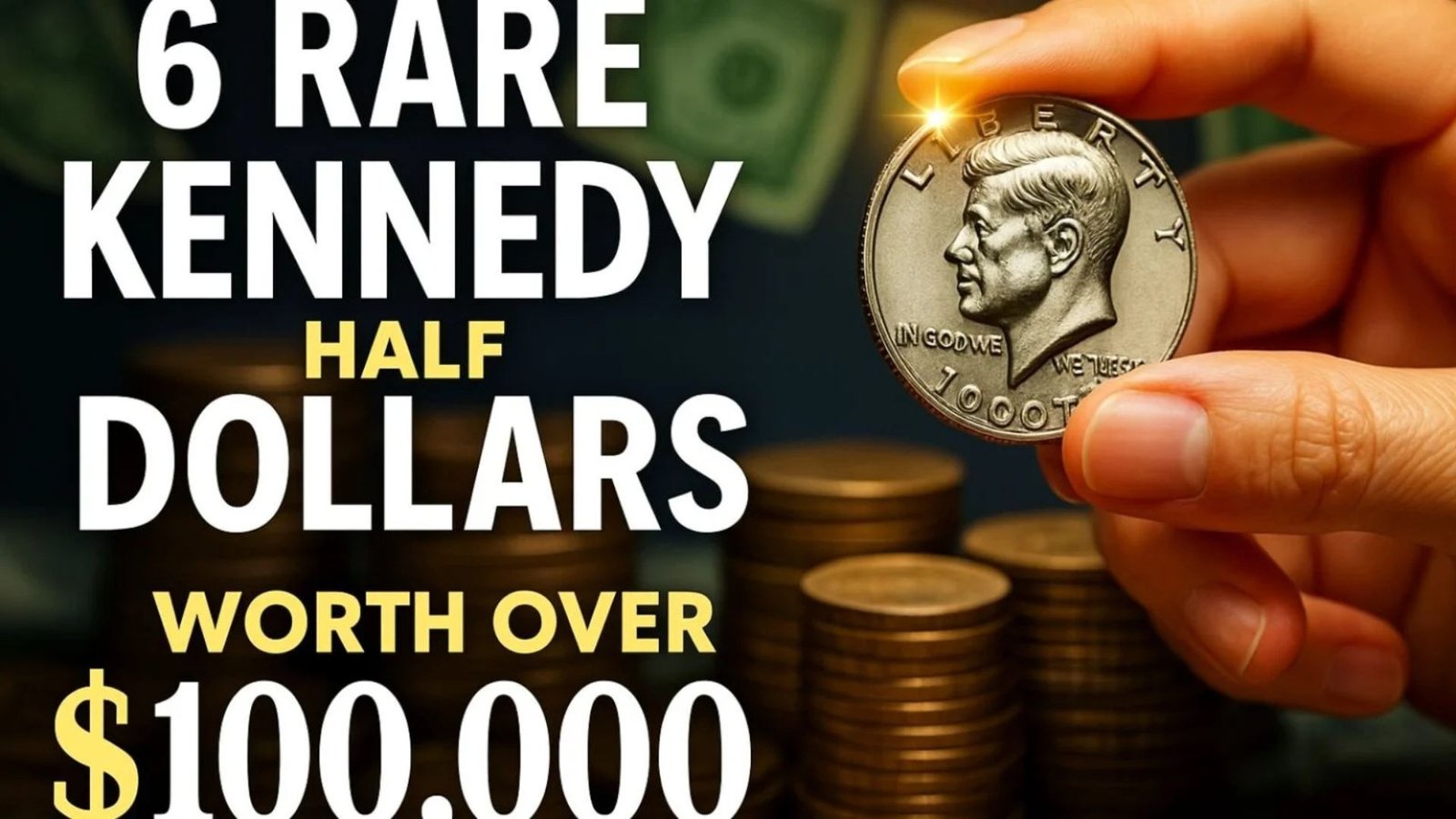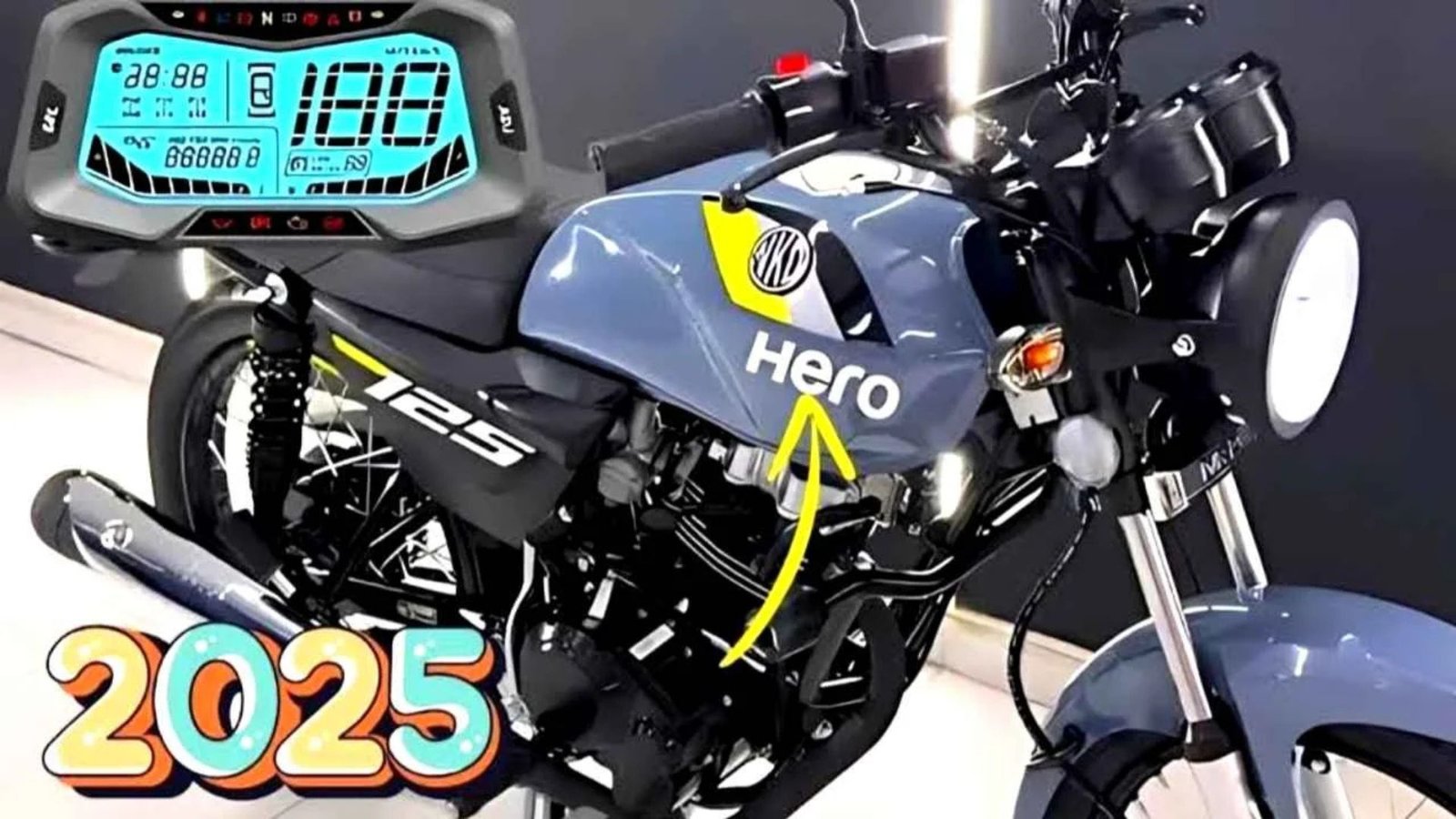Have you ever checked the coins in your pocket? Most of us don’t think twice about the change we carry, but what if one of those quarters was worth a fortune? Believe it or not, a rare Bicentennial Quarter has been valued at an incredible $11 million! While most of these quarters are worth just 25 cents, a few special ones are treasures for coin collectors. In this guide, we’ll explain what makes these quarters so valuable, how to spot one, and where to sell it if you find a rare gem.
What Is a Bicentennial Quarter?
In 1975 and 1976, the U.S. Mint created a special quarter to celebrate America’s 200th birthday. Instead of the usual eagle on the back, these quarters feature a colonial drummer and the dates “1776-1976.” Millions of Americans used these coins in everyday purchases, but some rare versions are now worth thousands or even millions.
Why Are Some Bicentennial Quarters So Valuable?
How does a 25-cent coin become worth $11 million? It’s all about rarity, mistakes during production, material, and condition. Let’s break it down:
1. Minting Mistakes
Sometimes, errors happen when coins are made, making them super rare. Collectors love these unique coins. Look for:
- Double Strikes: The coin is stamped twice, creating overlapping designs.
- Off-Center Strikes: The design is misaligned, looking off-center.
- Struck-Through Errors: Something gets in the way during stamping, leaving odd marks.
- Die Cracks: Cracks in the minting tool leave unique patterns on the coin.
These mistakes can make a quarter worth much more, especially if it has other rare features.
2. Silver Content
Most Bicentennial Quarters are made of copper and nickel, but some were made with 40% silver for collector sets. Even rarer are quarters accidentally made with 90% silver, meant only for special proof coins. These silver coins are extremely valuable.
3. Perfect Condition
Coins in top condition are worth more. Quarters graded Mint State (MS) 67 or higher look brand new, with no wear. Proof coins, with sharp details and shiny surfaces, are also prized. Finding a coin in such great shape is rare and boosts its value.
4. Historical Importance
The Bicentennial Quarter marks America’s 200th year of independence, making it special. When combined with rare features like errors or silver content, these coins become collector’s treasures.
How to Spot a Rare Bicentennial Quarter
Could you have a valuable quarter in your collection? Here’s how to check:
1. Check the Date and Design
Look for the “1776-1976” date and the colonial drummer on the back. These are Bicentennial Quarters.
2. Find the Mint Mark
On the front, near George Washington’s ponytail, check for a mint mark:
- No Mark: Made in Philadelphia.
- D: Made in Denver.
- S: Made in San Francisco (often silver or proof coins).
3. Look for Minting Errors
Use a magnifying glass to spot errors like double strikes, off-center designs, or cracks. These can make your coin valuable.
4. Check the Material
Silver quarters have a solid silver edge, while copper-nickel ones show a copper stripe. You can also weigh the coin:
- Copper-Nickel: About 5.67 grams.
- Silver: About 5.75 grams.
5. Get It Professionally Checked
If you think your quarter is special, take it to experts like the Professional Coin Grading Service (PCGS) or Numismatic Guaranty Corporation (NGC). They can confirm its value.
Where to Sell Your Rare Bicentennial Quarter
Found a valuable quarter? Here’s where you can sell it:
1. Online Auctions
Websites like eBay, Heritage Auctions, or GreatCollections attract coin collectors. Include clear photos, mint marks, and grading details to get the best price.
2. Coin Dealers
Local or national coin dealers can appraise and buy your coin. Choose dealers who are members of the American Numismatic Association (ANA) for trustworthiness.
3. Coin Shows
Coin shows bring together collectors and dealers. You can get multiple appraisals and meet buyers who value rare quarters.
4. Online Coin Communities
Join forums like CoinTalk or The Coin Community Forum to connect with collectors. These platforms let you share details and find buyers.
5. Auction Houses
For extremely valuable coins, auction houses like Stack’s Bowers Galleries handle everything from grading to bidding, reaching serious collectors.
Other Valuable Bicentennial Quarters
While a $11 million quarter is rare, other Bicentennial Quarters can still be worth hundreds or thousands:
1. 40% Silver Quarters
These were sold in special Mint Sets and are worth more than regular quarters, especially in perfect condition (MS-67 or higher).
2. Double Die Error Quarters
Coins with doubled designs or text can sell for $2,000 to $10,000, depending on the error and condition.
3. Off-Center Quarters
Quarters with misaligned designs can fetch $1,000 to $5,000 if the date or mint mark is visible.
4. Wrong Planchet Errors
Quarters struck on the wrong metal (like a nickel or foreign coin blank) are rare and can sell for tens of thousands.
How to Protect Your Rare Quarter
If you have a valuable quarter, keep it safe to maintain its worth:
1. Don’t Touch It
Fingerprints can damage the coin. Hold it by the edges or wear cotton gloves.
2. Use Proper Storage
Store your coin in a cardboard flip, plastic case, or airtight capsule. For valuable coins, get them graded and sealed by professionals.
3. Keep It Safe
Store coins in a cool, dry place, like a safe. Avoid humidity or sunlight, which can harm silver coins.
4. Insure It
If your quarter is valuable, insure it with a collectibles or homeowner’s policy. Keep photos and grading documents as proof.
Conclusion: Is a Treasure Hiding in Your Pocket?
The Rare Bicentennial Quarter is more than just a coin—it’s a piece of American history that could be worth millions. While most quarters are worth just 25 cents, a few with errors, silver content, or perfect condition are collector’s dreams. Check your change, look for the signs, and you might discover a hidden fortune. If you find a rare quarter, protect it and get it appraised by experts. Who knows? Your next handful of change could change your life!


